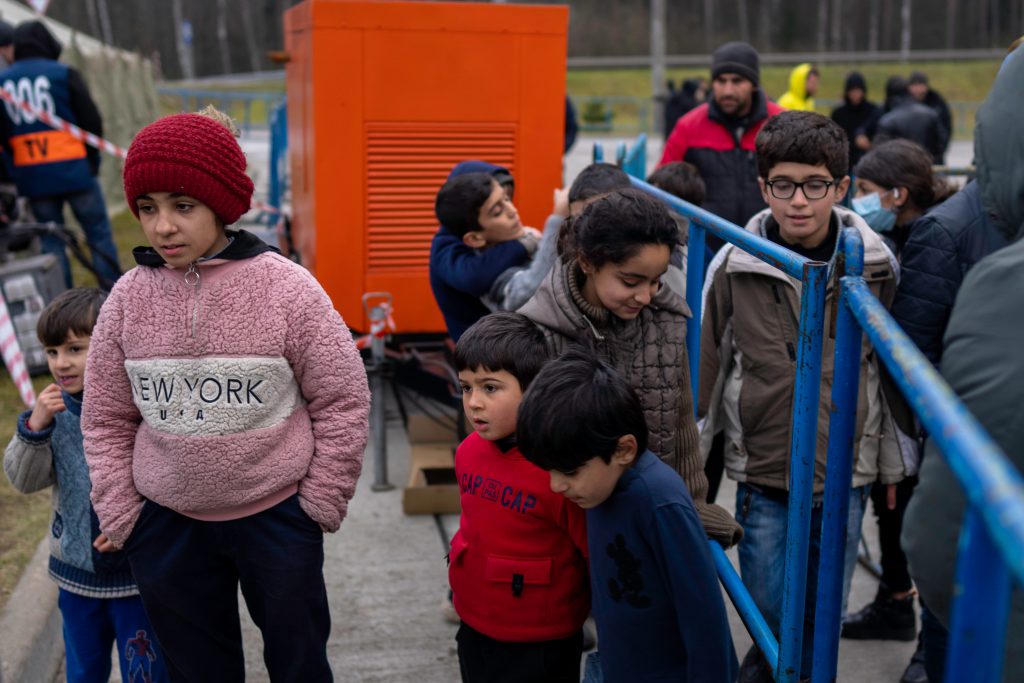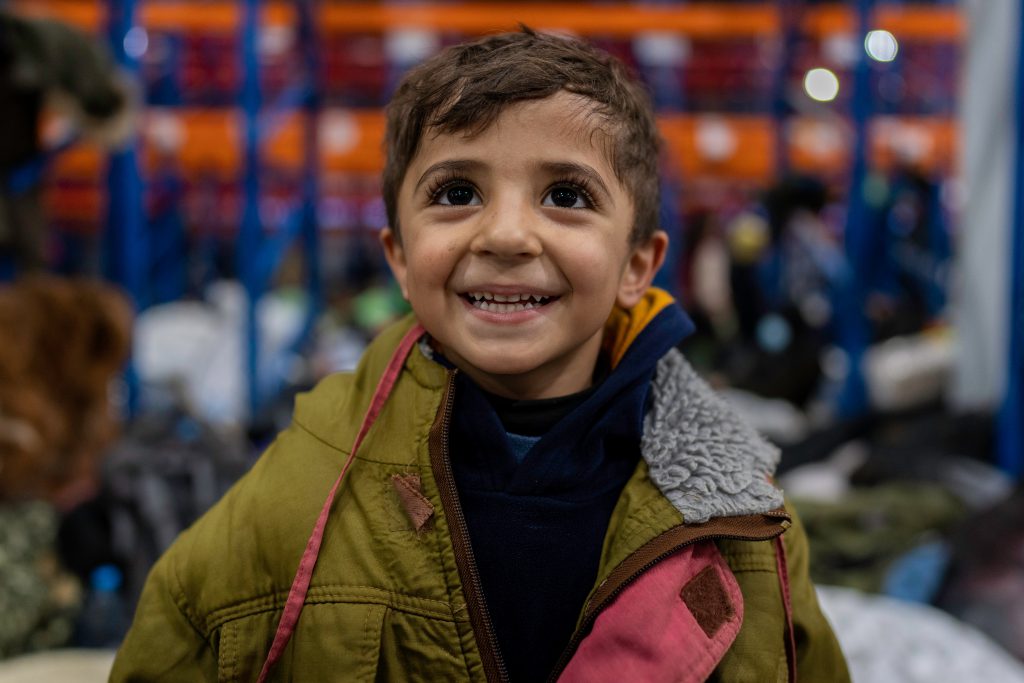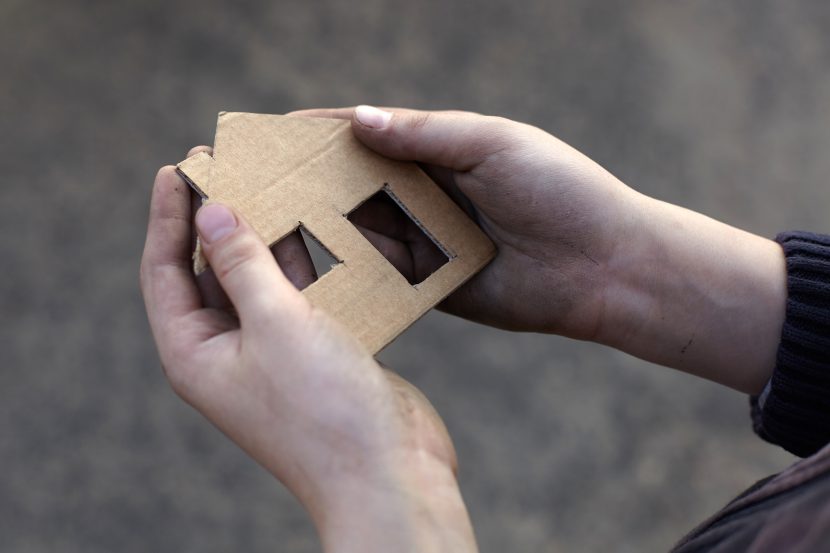In August 2021, Belarus orchestrated the transportation of thousands of migrants to the threshold of the European Union, triggering a migration crisis of unprecedented proportions. Hundreds of child migrants were stranded at the Polish border in appalling circumstances and facing extreme weather conditions.
What caused the crisis? An unprecedented ‘attack against migration’
The Belarusian response to EU sanctions
Long before it became a migration crisis, the crisis between Belarus and Europe was one of diplomacy. Indeed, tensions between Belarus and the European Union are not new and can be traced back to the re-election of Belarusian President Alexander Lukashenko in August 2020. The European Union deemed the election to have been riddled with irregularities and refused to recognise the legitimacy of the President, condemning the elections as “neither free nor fair”, with falsified results (Conseil de l’Union européenne, 2020).
In October 2020, following a brutal crackdown on peaceful demonstrators, opposition members, and journalists in Belarus, the European Union imposed sanctions on some 40 individuals. These measures were essentially a prohibition on entering the European Union and a suspension of assets. Both Alexander Lukashenko and his son, Viktor Lukashenko, were subject to these restrictions (Conseil de l’Union européenne, 2020).
In May 2021, Belarus forced a Ryanair passenger plane with a journalist and an opposition activist on board to land in Minsk. This act was strongly sanctioned by the European Union, which banned Belarusian air carriers from flying over European airspace and from using airports within the European Union (Conseil de l’Union européenne, 2021).
The exploitation of migrants for political purposes
It is against this backdrop of diplomatic tensions that Belarus began, as of June 2021, to organise flights and internal movements aimed at facilitating the entry of migrants into the European Union (Conseil de l’Union européenne, 2021). In close cooperation with some airlines, Belarus has flown thousands of migrants to Lithuania, Latvia and Poland. (Laure Stephan, 2021) This practice has been described by the French Secretary of State for European Affairs, Clément Beaune, as essentially “human trafficking”, and he has condemned the “migratory attack” planned by the Belarusian regime (BFM TV, 2021).
The arrival of thousands of migrants in Belarus is also the result of the unrelenting activities of Belarusian smuggling networks. For a few thousand dollars, smugglers promise migrants a visa and a new life in Europe. Several travel companies are involved in this trafficking and provide tourist air transport to Belarus. However, the outcome is rarely what was hoped for and for most families, the cost of such a trip means selling their home and possessions, making it impossible to return (Czarnecki, 2021).
On arrival at Minsk airport, the migrants think that the European dream is finally within reach. But the reality soon becomes quite the opposite. After spending one or two nights in a hotel in the Belarusian capital, the families are forced towards the Polish border, sometimes violently, by the Belarusian authorities (C dans l’air, 2021). But on both sides of the border, the authorities are intransigent: neither Poland nor Belarus will accept them.
At the centre of the crisis: the plight of migrant children and their families
Dismal living conditions
While the “luckiest” have been able to find refuge in a converted warehouse that serves as a reception centre where nearly a thousand migrants are crammed, most are living in disastrous conditions in the forest along the Belarusian border. It is in the heart of this forest that thousands of families, women, and children – some very young – wait in the hope of crossing the European border. For several weeks, hundreds of children have been living without shelter, in freezing temperatures close to -10 degrees centigrade, with little or no access to drinking water and food (ONU, 2021).

Also on the threshold of the European Union are families with disabled children who hope to have access to the quality of care offered in Europe. There have been several reports of disabled children in the forest. Among them, Azhi, aged 4, came from Iraq accompanied by his mother in the hope of obtaining a back operation (Qiblawi, 2021). However, despite their imminent need for care, many have been turned back by Polish border guards. This was the experience of a Syrian family, one of whom is a 7-year-old child suffering from cerebral palsy, who was turned back three times at the Polish border (Cincurova, 2021).
Since the beginning of the crisis, more than twenty migrants have died in the forest alongside the Belarusian border. (Médecins sans frontières, 2021) Among the victims, a one-year-old baby and a fourteen-year-old child were found dead last November (Info Migrants, 2021). However, as access to the area has been blocked by international and humanitarian organisations, it is difficult to assess the exact number of victims. Nevertheless, the most common cause of death is hypothermia. This is worrying given the persistent drop in temperatures at this time of year in the region.
Violence, arrests, and detention on both sides of the border
In flagrant violation of the principle of non-refoulment established by international law, which prohibits any state from sending a refugee back to a country where his or her life or freedom would be threatened, Belarus and Poland systematically send migrants back and forth across the border without any prior examination of their asylum applications. Caught in the middle of this never-ending violent “game of ping-pong”, families are also faced with abuses committed by the authorities, including physical violence and deprivation of food and water. Children are also often separated from one or both of their parents or siblings (Human Rights Watch, 2021).
Trapped in the back-and-forth between Belarus and Poland, migrant children are often mistreated and receive no preferential treatment. On the Polish side, when not directly returned to Belarus, children and their families are systematically detained by the immigration authorities. These actions were deployed by the UN, which reiterated that “detention should be an exceptional measure of last resort and should only be used for a limited period of time, if at all” (ONU, 2021).
On the Belarusian side, families are under constant threat of being sent back to their home country. To date, several thousand migrants have already been deported to their countries. These living conditions are likely to have serious repercussions on the physical and mental health of children whose trauma is unavoidable.
What possible outcomes are there in terms of children’s rights?
From not respecting the right to asylum to violating human rights, the migration crisis orchestrated by Belarus is depriving hundreds of children of their most basic rights. The right to shelter and to live in decent conditions, the right to adequate and balanced nutrition, the right to be protected from violence, the right to health, and the right to education are all rights protected by the International Convention on the Rights of the Child. Yet months into the crisis, hundreds of children are still stranded at the threshold of the European Union where their rights are blatantly ignored and violated.

Humanium, as an organisation, condemns the unjust treatment of migrant children and works every day to create a world in which the rights of all children are respected and protected. We offer you the opportunity to contribute to the fight for children’s rights around the world by sponsoring a child, making a donation, volunteering or becoming a member.
Written by Manon Lanselle
Reviewed internally by Aditi Partha
Translated by Latika Rodway-Anand
Proofread by Garen Gent-Randall


